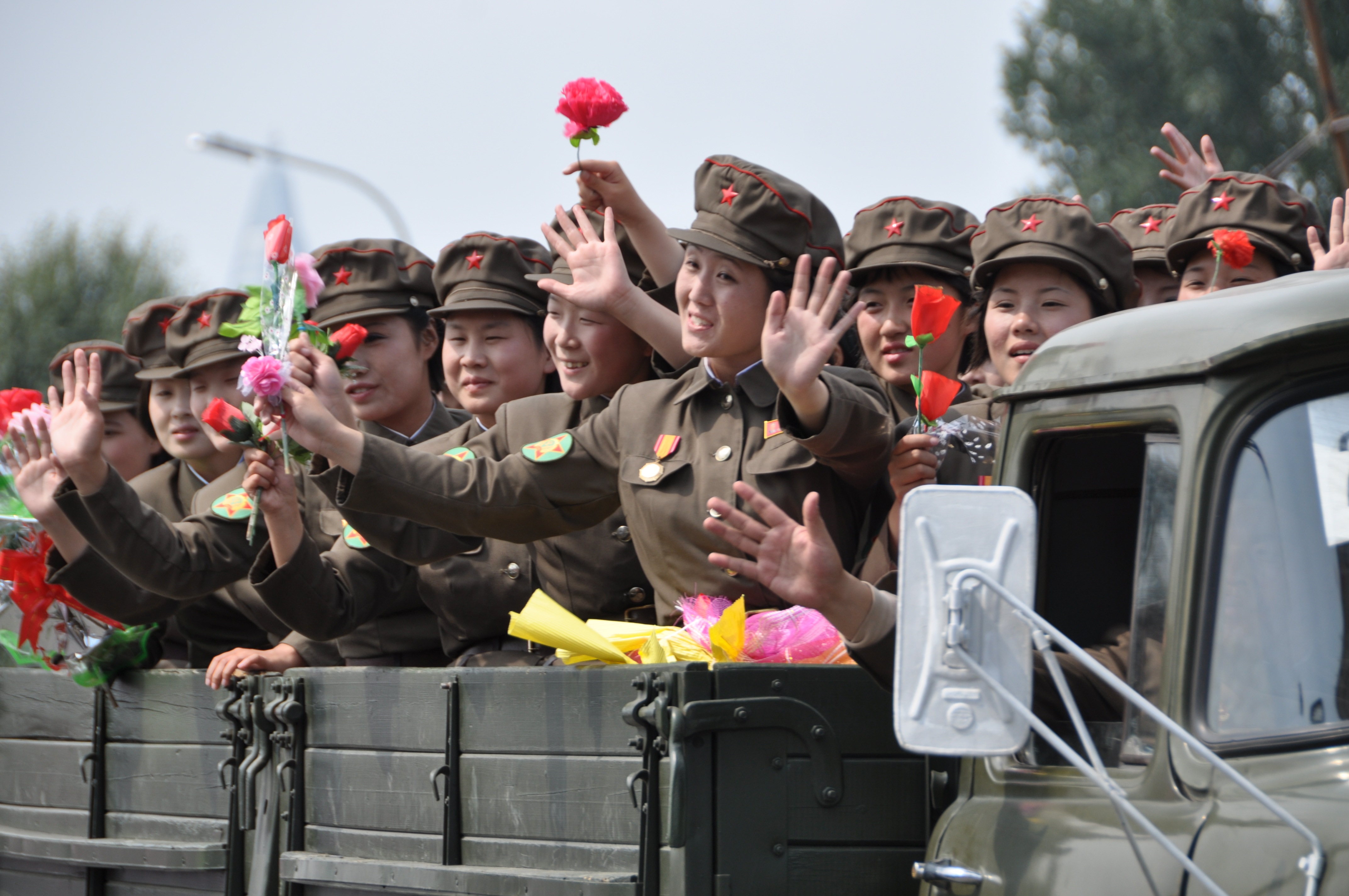RYAN LIPPERT WRITES – When the state controls the media, what viewers get out of each story depends heavily on whether they live in the country or not. There is no better example of this than North Korea.
Earlier this month, North Korea celebrated the 70th anniversary of the ruling Korean Workers’ Party’s creation. Festivities included one of the largest military parades in the country’s history.
Such parades are visually impressive displays of a country’s power that can help foster patriotic sentiment and inspire confidence in the country’s military capabilities. It’s likely that this parade accomplished both of these goals due to the North Korean government’s extensive control over the media.
It’s illegal for North Korean citizens to access foreign media. Those who avoid foreign media will therefore have a worldview shaped by what their government wants them to know. To them, this parade will be a demonstration of the country’s greatness and power. They will see a modern, technologically advanced fighting force composed of strong, disciplined soldiers. Being likely they’ve never seen foreign media, North Koreans may be unaware of the fact that the Korean People’s Army is believed to have mostly outdated equipment or that many soldiers are underfed.
Similarly, it has recently been revealed that, since this May, North Korean media outlet Uriminzokkiri has allegedly used a wallpaper from an earlier version of Mac OS X as a backdrop in their broadcasts. Due to the embargo against North Korea, it is illegal to export Apple’s products to the country without government approval. Apple has not commented on this incident. To North Koreans unaware of the existence of foreign companies like Apple, the backdrop is an original work of art made by a fellow North Korean. To foreigners, the use of this backdrop is an unauthorized, uncompensated use of Apple’s intellectual property.
These two developments show that, although North Korea has some problems, one’s awareness of them is often determined by whether one lives within the country or outside of it. While North Korean citizens may only know what the government wants to tell them, people in many other countries have access to media outlets that show a different side of North Korea, the real side. Such a stark difference is telling of the damaged perceptions a totalitarian regime can impose on its citizens.

